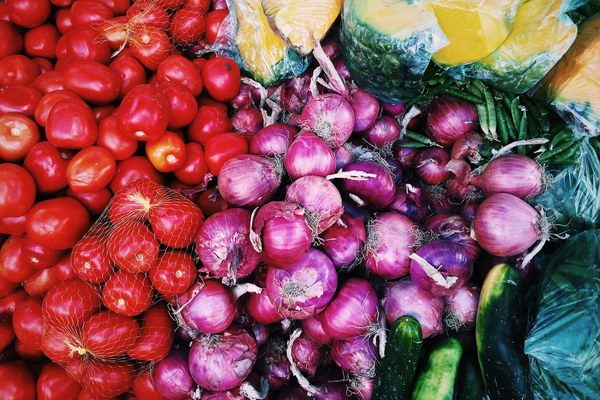Maximizing Winter Nutrition on the High Plateaus A Comprehensive Guide
Winter on the high plateaus can be a challenging time for both the body and mind. The cold temperatures, low oxygen levels, and harsh weather conditions can take a toll on your health. To combat these challenges, it is crucial to have a well-rounded nutrition plan that supports your body's needs. Here's a comprehensive guide on how to best supplement your diet during the harsh winter months on the high plateaus.
1. Prioritize Caloric Intake
One of the most critical aspects of winter nutrition on the high plateaus is ensuring you consume enough calories to maintain body temperature and energy levels. Since the body burns more calories at higher altitudes, it's essential to increase your caloric intake to compensate for the higher energy expenditure. Focus on foods rich in healthy fats, such as nuts, seeds, avocados, and coconut oil, as well as high-protein foods like lean meats, fish, eggs, and dairy products.
2. Stay Hydrated
It's easy to become dehydrated during the winter months, especially if you're not consuming enough water due to cold temperatures. Make sure to drink plenty of fluids throughout the day, including warm herbal teas, broth, and soups. Avoid caffeine and alcohol, as they can dehydrate your body further.
3. Consume a Variety of Nutrients
A balanced diet is key to maintaining good health on the high plateaus. Incorporate a variety of nutrient-dense foods into your meals, including fruits, vegetables, whole grains, and legumes. These foods provide essential vitamins, minerals, and antioxidants that support your immune system, help you combat colds and flu, and protect against altitude sickness.

4. Focus on Vitamin D and Calcium
Vitamin D and calcium are essential for bone health and muscle function. At high altitudes, your body produces less vitamin D and calcium absorption is reduced. To ensure you're getting enough of these nutrients, consider supplementing with vitamin D and calcium supplements. Additionally, include foods rich in vitamin D and calcium, such as fatty fish, egg yolks, and dairy products, in your diet.
5. Boost Your Immune System
Cold weather and lower oxygen levels can weaken your immune system, making you more susceptible to infections. To strengthen your immune system, consume foods rich in vitamin C, such as oranges, strawberries, kiwi, and bell peppers. Also, include foods with probiotics, such as yogurt and kefir, to support gut health.
6. Eat High-Energy Snacks
High-energy snacks are essential to maintain your energy levels throughout the day. Opt for snacks like nuts, dried fruits, and trail mix, which provide a good balance of carbohydrates, proteins, and fats. These snacks will help keep you fueled and prevent energy crashes.
7. Adapt Your Cooking Techniques
At high altitudes, cooking times may increase, and some ingredients may cook differently. Adjust your cooking techniques to ensure your food is properly cooked. Use high-altitude recipes that are designed to work well at high elevations, or consider using a pressure cooker to reduce cooking times.
In conclusion, ensuring a well-balanced and nutrient-rich diet is essential for staying healthy during the winter months on the high plateaus. By focusing on caloric intake, hydration, and a variety of nutrients, you can help your body combat the challenges of cold temperatures and low oxygen levels. Incorporate these tips into your winter nutrition plan to enjoy a healthy and enjoyable winter experience on the high plateaus.









